Personal Story: Sharps Injury As A New Operating Room Nurse
Sharps injuries can happen anytime in the operating room. We’ve recently gotten in touch with a nurse that had a sharps cut when they were just starting out. Here’s what happened and how the incident has affected them:
As a new grad and learning a ton of new skills, my focus was on trying to remember how to do everything and make sure I didn’t screw up. Well….I screwed up. I cut open my finger with a scalpel that required stitches in the ER.
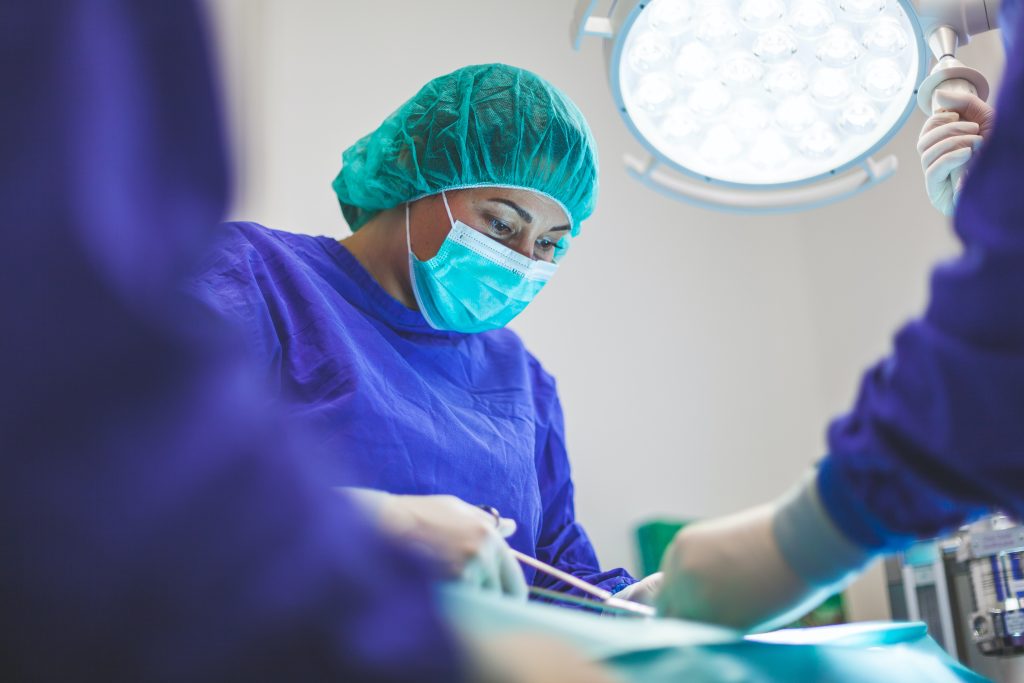
A little background- We had just learned how to scrub and how to load suture in a driver and blades onto handles. I tried to remember everything that was taught and when my preceptor asked me if I wanted to load the blade, I confidently said YES! I used a needle driver (a much too small needle driver) and slid the blade in place. Well, to my annoyance, the blade got stuck and was not flush on the handle. So, I did what I thought I remembered to unload it. I (still using the extremely small needle driver), flipped over the handle and grabbed the blade and pushed up to remove it. I learned 2 things very quickly:
-
-
- Don’t flip over the handle and have the blade facing your hand
- Always use a heavier duty needle driver to load and unload your blades
-
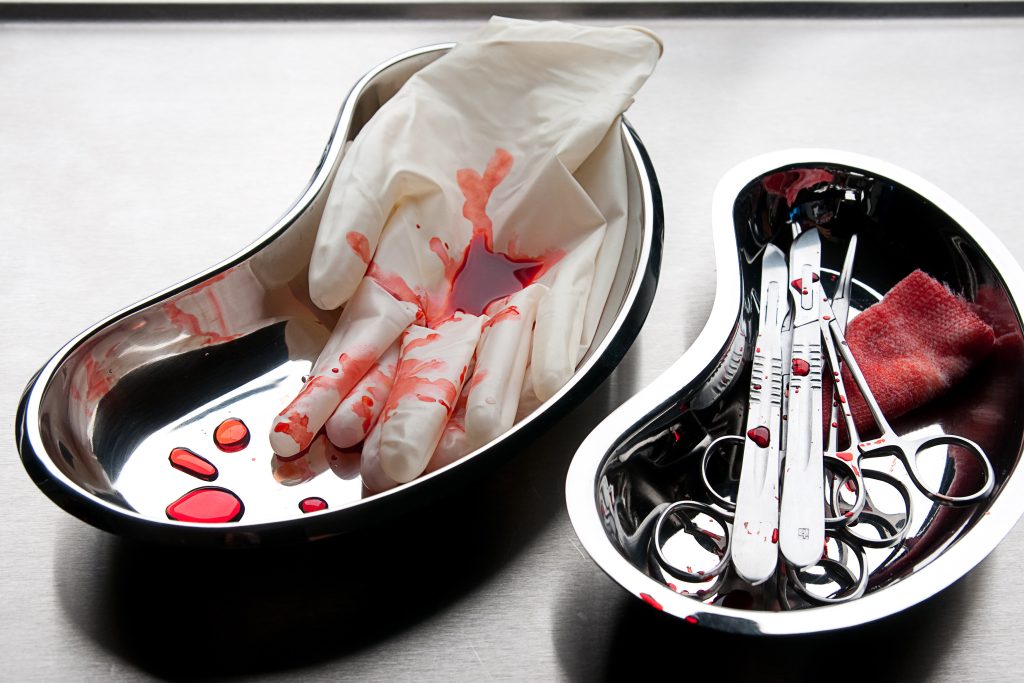
At this point, you can guess what happened. The driver slipped off the blade and my finger, that was resting on the shaft of the driver, slid right by the blade and sliced my finger through both gloves. Blood sprayed everywhere.
Just kidding. It didn’t until I pulled off my gloves and went to the sink to wash. Then it really did paint the walls just a little bit. Red faced with embarrassment, I trekked to the ER to get sutured up (10/10 do not recommend…they are not gentle.)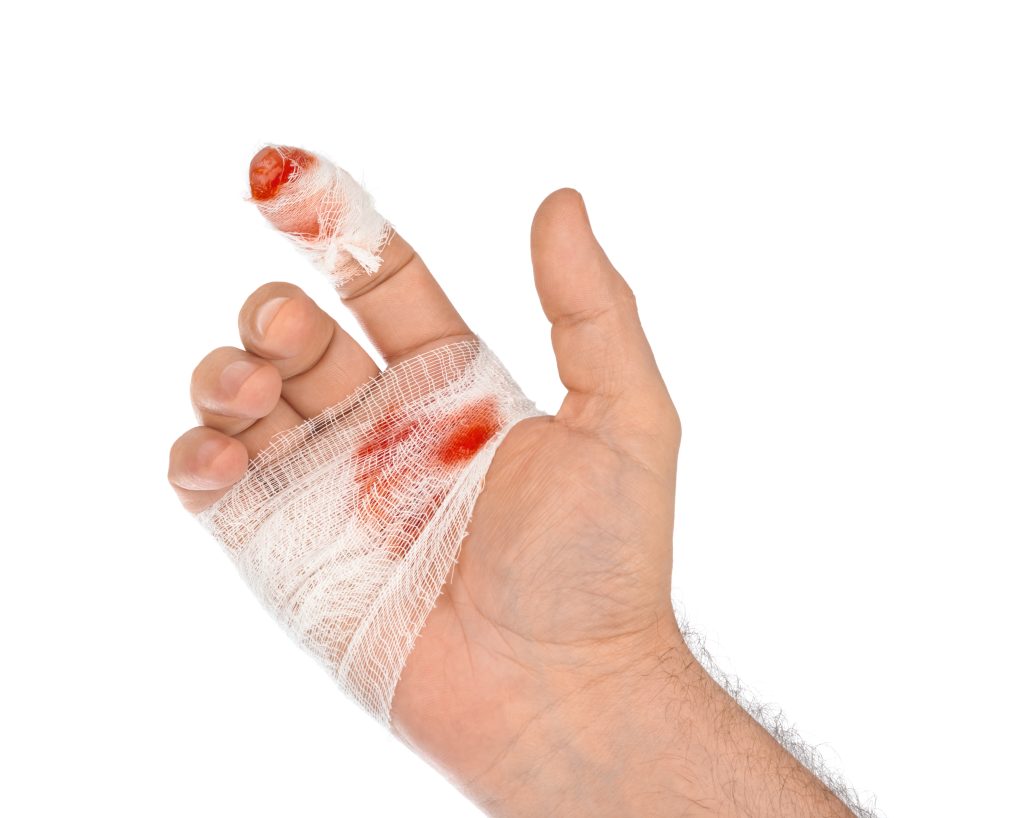
Now this leads me up on some sharp safety and how it affects you. Was this the last time I got stuck or cut? No. I was stuck two more times after that, not by my own fault. This event led me to be more mindful, take things slow, and always pay attention to my sharps. While the sutures closed the wound and I only had a small scar on my fingertip, I lost feeling in that fingertip for about a year until it was fully healed. I was extremely embarrassed to have one of my first experiences in the OR to be a huge mistake like that, but it allowed me to have a deeper sense of humility and rely more on my mentors and teachers.
My preceptor supported me and encouraged me over the next few weeks as I healed and was able to scrub again. She guided my professional career and allowed me to realize it was part of life and work to make mistakes and to learn from them.
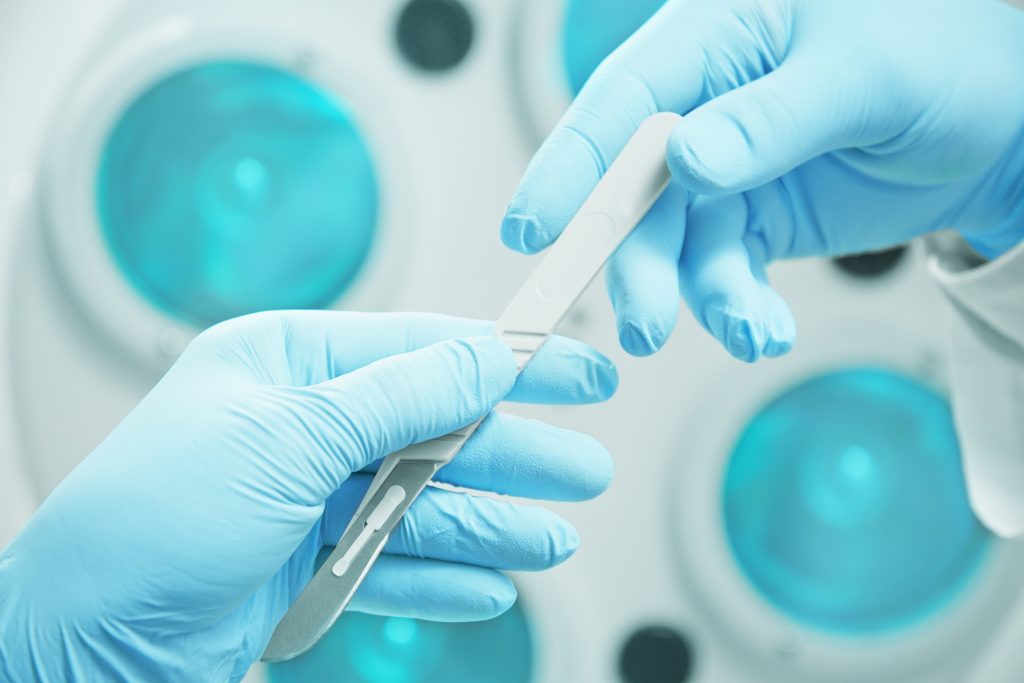
Risks for sharp injuries can encompass everything from exposure to infections, minor wounds, or even major wounds that require surgery. Your hands are the most at risk due to passing instruments, fast speeds of surgery, and others or you not having a safe area. Avoid recapping needles with two hands, have a neutral zone for your sharps, be mindful of hand-to-hand passing, and ensure sharps disposal procedures are properly handled.
Can I 100% say that with your own safe practices, you’ll never be injured? No. You can’t predict how others will practice, but if you are in control of the sharps and use a neutral zone and practice safe handling, your risks should decrease exponentially. It is never too late to speak up if you are uncomfortable, need help, or to correct someone else that may potentially be mishandling sharps.
This sharps injury case can offer some insight into how a sharps injury can happen anytime in the operating room and the significant effects it causes to the victim. Hospitals and facilities must implement and highlight particular steps and processes to educate their employees to minimize sharps injuries in the OR. A great way is to introduce the Hierarchy of Controls as an effective method for managing hazards in the OR. The Hierarchy of Controls can be utilised to control the risk of sharps injuries among healthcare workers.
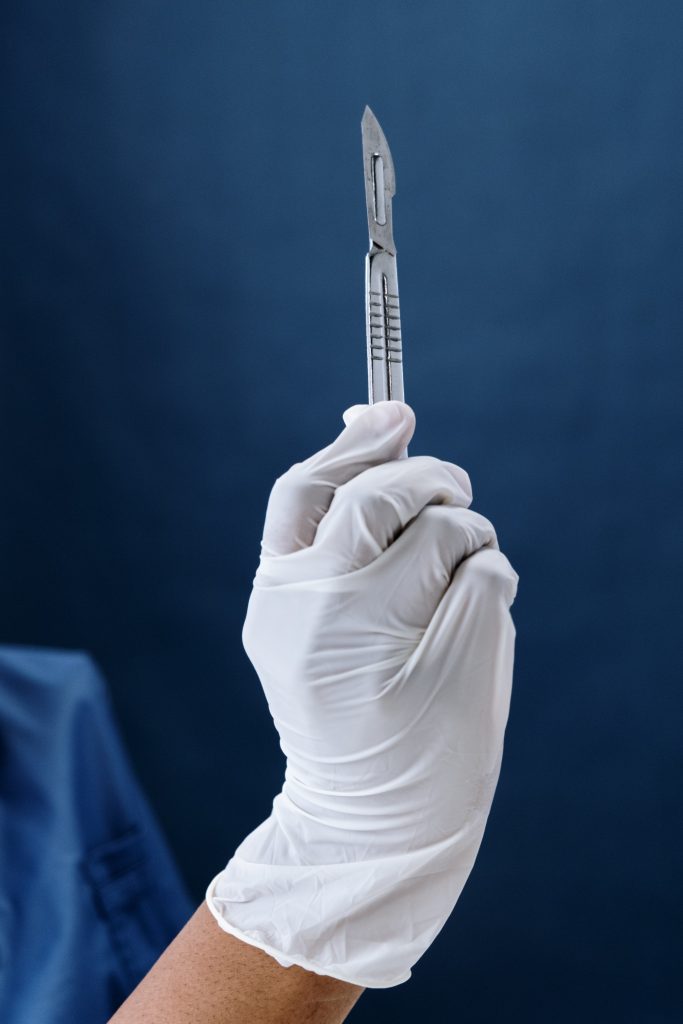
If you have any sharps injury stories, we’d like to know them! Please send us an email at hello@qlicksmart.com.


Interested to apply as a health care assistant if there’s available care home to apply for. Thank you and have a wonderful day.
This is a very informative article. Such injuries does really happen inside an operating room. As it is not safe, these sharp objects like needles, syringes should be disposed properly after use. I’m a dentist and we bought sharps container from acewaste.com.au/waste-bins-and-waste-containers/sharps-containers/.